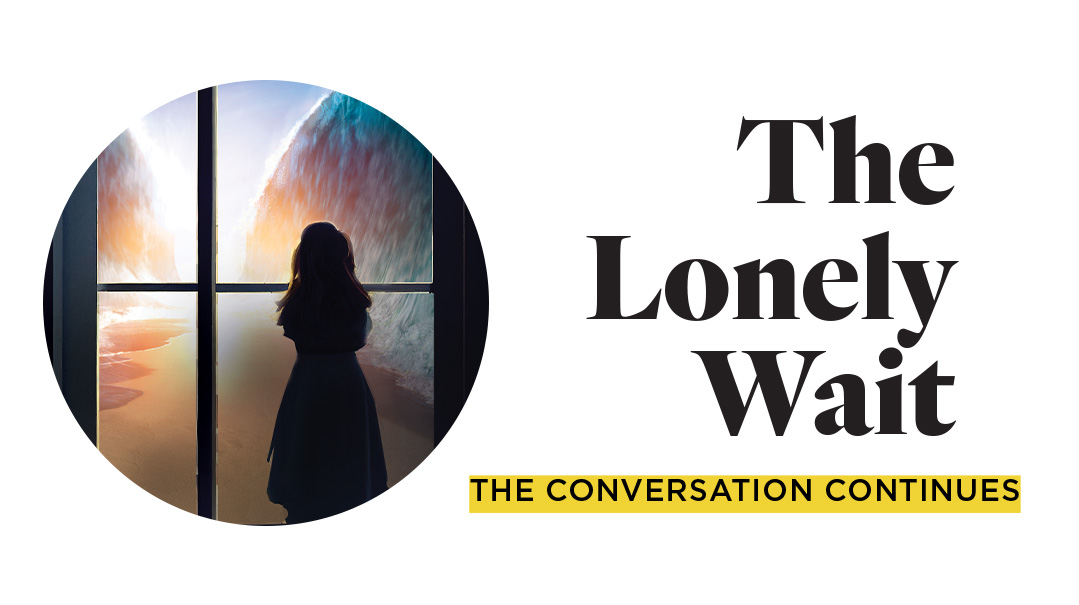All Our Children
| December 12, 2023Are our schools equipped to deal with the challenge of gifted children?

The Double Take story “A Class of His Own” [Issue 985] has drawn significant feedback. Are our schools equipped to deal with the challenge of gifted children? Who is ultimately responsible for their education? Is giftedness a blessing or a curse? Previous letters dealt with these questions. The below submission, written by a mother and daughter, provides a unique perspective.
We chose to write this letter together. Our family has several gifted children, therefore, this topic is important to us. We hope our shared experiences will be valuable to the greater community in the important discussion raised by Mishpacha on gifted education.
Mother: I am a baalas teshuvah. Growing up, I went to public school and was placed in a gifted track. This gave me greater social opportunities because I wasn’t so different from my classmates. We were challenged and grew together as a group. I have fond memories of building giant Rube Goldberg projects, learning to code our algebra homework with punch cards before having a home computer was commonplace, and creating our own civilization along with artifacts to bury in the yard for the other students to find and uncover, learning the mysteries of our civilization.
Daughter: I am the oldest child in the family, and I benefited tremendously from my parents’ tireless advocacy on my behalf. At my pre-1A interview, as the story goes, my parents were told that it would be best to have me skip a grade. My mother knows this to be a social disaster for most students and believes school is, first and foremost, a social learning environment. They were also told I would be very bored for nine years (eight if I skipped one) and that I would likely become a behavior problem. With this rosy picture in mind, they weighed their options.
They didn’t want to send me to a more modern school, but the promises of the Bais Yaakov principal were depressing. Around that time, a new school was starting in the neighborhood, and the small group of parents were more than happy to accommodate my parents’ requests for my education. They got creative, mixed grades for several subjects, and offered enrichment opportunities throughout the years.
I dove deep into projects on penguins and on Jews who sailed along with Christopher Columbus. My class was small and had a wide range of intellectual abilities, with some students visiting the resource room while others got enrichment projects, but I don’t remember anyone complaining or putting anyone down.
These days, I am always surprised when I notice how weak people’s critical thinking skills are compared to their ability to get into higher education or perform well on a test. And I really believe my surprise stems from my quite privileged education.
Mother: Not all of the children in our family had a similar experience. One child was very bored, and I bought him fancy colored pencils and a sketch pad to draw with so he wouldn’t disturb the rebbi when he felt unstimulated. The rebbi was upset about this and called us in for a meeting. I asked if my son knew where the class was holding in the Gemara. The rebbi responded that he did. Does he get 100 on every test? Affirmative. So, I wondered, what was the problem?
This son is now a happy, successful adult. However, many students get turned off by rebbeim like this, who are not meeting their educational needs, not inspiring their learning, and not accommodating their efforts to manage. I wish we had data on how many people who left Yiddishkeit were gifted kids who were shunted by the yeshivah system.
Another daughter had a “worksheet” morah, who would send her to the back of the class when she was bored to get another worksheet. This approach keeps the child occupied somewhat for some time. Still, it does not meet her educational needs, so she ultimately stays unstimulated and… she did become a behavioral challenge in that class.
The crucial information here is that she became a behavioral challenge in that class. Not in the previous year, not in future years, but in that class, where her educational needs were not met.
I teach a STEM class among several sciences. The students learn to build circuits, code, design a website, develop a project, and present it to a group. I am always surprised at which students are most successful. It is usually not the studious students who succeed when they need to take great notes and memorize facts to spit out on a test. It is those “behavior problem” kids that our education system has been doing a disservice to. Please, fellow educators, ask yourself, if you had to sit at a desk all day and be lectured at, would you become the behavior problem?
We need to do better for all of our students. Restructure the school so that grades are integrated; not every third-grader has the same capability. Get students out of desks, moving, building, and creating. Let go of the memorization — it’s not a valuable lifelong learning skill. Teach kids to think independently, value their ideas, listen to their questions, and explore their interests. Look into project-based learning and flipped classroom methodology, and consider removing desks.
Reading the story and some follow-up letters was painful for both of us. A teacher needs to teach every student, not just the middle. If you are not teaching every student, you are not doing your job, and you need to find a different solution for the ones you are not teaching.
Gifted students do not benefit from busy work. Having the gifted student become a teacher for other students can be a nice experience, but it puts a real social burden on them to maintain friendships with their peers.
Obviously, middos are a priority. However, it is unrealistic for kids to learn to sit quietly while being lectured at about things that they understood within the first few minutes. Bright kids being considered a first-world problem doesn’t make sense to us — why is any child’s learning struggle less of a problem? They are suffering, they are not learning, they may be gaining identities as students with “behavior problems,” they may not be doing too well socially given all this, and the people they look up to, their teachers, are upset with them.
Research demonstrates that gifted students are at risk for poorer social and emotional health and scholastic underachievement without proper education (Blaas, 2014; Eren, Çete, Avcil, & Baykara, 2018). And yet some readers feel that targeting lessons to the brighter students is, at best, a waste of already scarce community resources. What are we losing out on, though? In the secular world, the repercussions are clear: Gifted students in the Study of Mathematically Precocious Youth (SMPY) who received multiple enriched learning opportunities in STEM areas are twice as likely to earn a PhD and tenure in a STEM field by their early thirties than those who did not have as many of these learning opportunities.
How many potential gedolim have been lost to mediocre attitudes and thin resources? By addressing the needs of all levels of students, we are never wasting scarce resources; we are legitimately sacrificing and investing in our children and our own future. Getting kids to sit quietly all day as a goal means that we view school as a babysitting service. If school is a place of learning, we’re missing out on a nice chunk of kids who could be fantastic investment opportunities. These are our children, after all.
(Originally featured in Mishpacha, Issue 990)
Oops! We could not locate your form.






